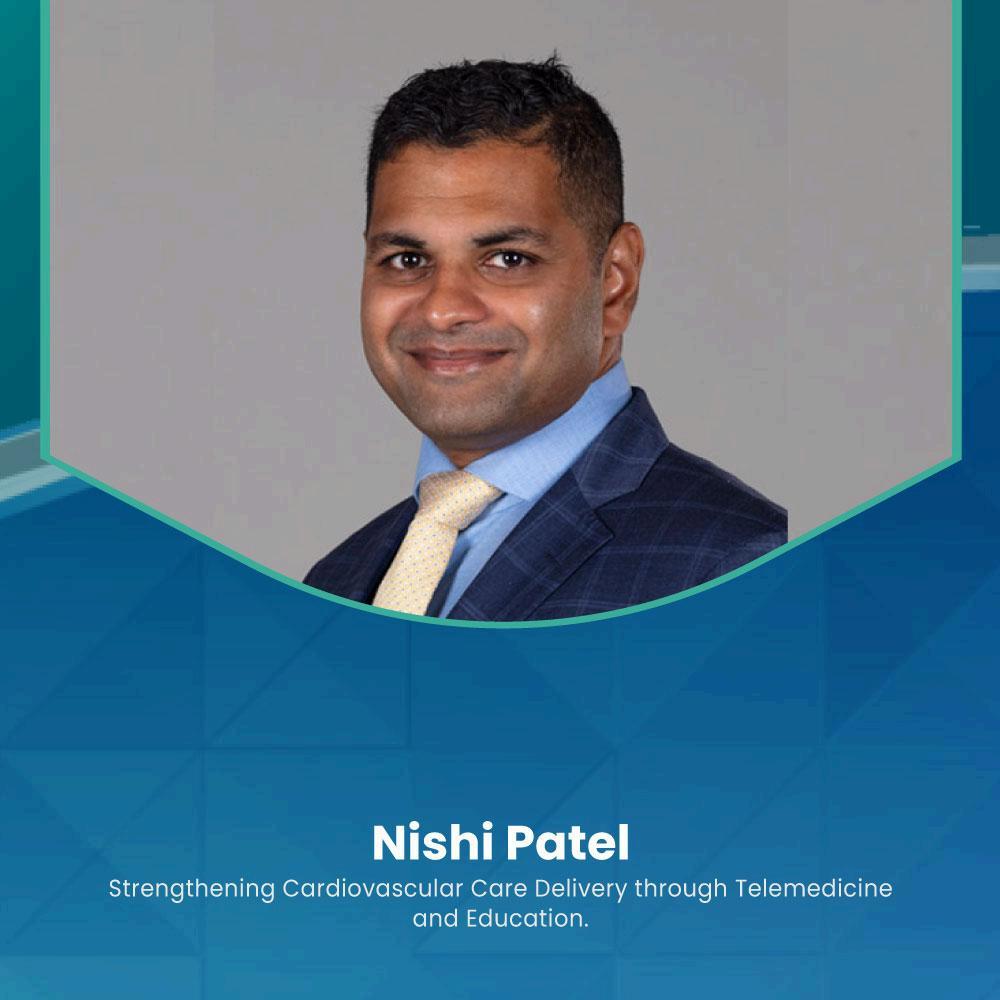Artificial Intelligence and the Future of Heart Health
by Nishi Patel

The future of heart health is being reshaped by rapid advancements in technology, and artificial intelligence is leading the charge Cardiovascular diseases have long been a global health challenge, demanding new approaches that go beyond traditional screenings and treatments. As explained by Nishi Patel, with the power to analyze vast amounts of clinical data, AI is enabling earlier detection, more personalized care, and precise predictions that were once unimaginable What sets this shift apart is the integration of AI in cardiology, a field where machine-driven insights are now enhancing human expertise to improve outcomes
One of the most profound impacts of AI is its role in early diagnosis By examining medical imaging, electronic health records, and even wearable device outputs, AI can uncover subtle patterns that may indicate the earliest signs of heart disease. This capability allows doctors to intervene before problems escalate into severe conditions like heart attacks or heart failure Predictive models powered by AI are also helping identify at-risk patients based on lifestyle factors, genetics, and past health data, creating pathways for more proactive care.
Beyond diagnosis, AI is transforming treatment planning. Algorithms can now recommend the most effective therapies by analyzing individual patient profiles, ensuring that care is more tailored than ever before For example, machine learning tools can help determine the right dosage for medications, reducing side effects while maximizing effectiveness. In surgical settings, robotic-assisted procedures guided by AI enhance precision, minimize complications, and shorten recovery times, offering patients safer alternatives
Another promising development is real-time monitoring Wearables and mobile health platforms continuously gather data on heart rate, blood pressure, and oxygen levels, which AI interprets instantly to provide actionable insights This constant feedback loop empowers patients to take control of their own health while giving doctors a clear, ongoing picture of their cardiovascular status
Looking forward, the future of heart health will be defined by the seamless fusion of clinical expertise and intelligent technology. As research continues to evolve, AI may even unlock regenerative treatments or predictive prevention strategies that drastically reduce mortality rates Ultimately, the role of artificial intelligence in healthcare is not just about enhancing current practices but about building a future where heart disease can be anticipated, prevented, and managed with unprecedented accuracy.
